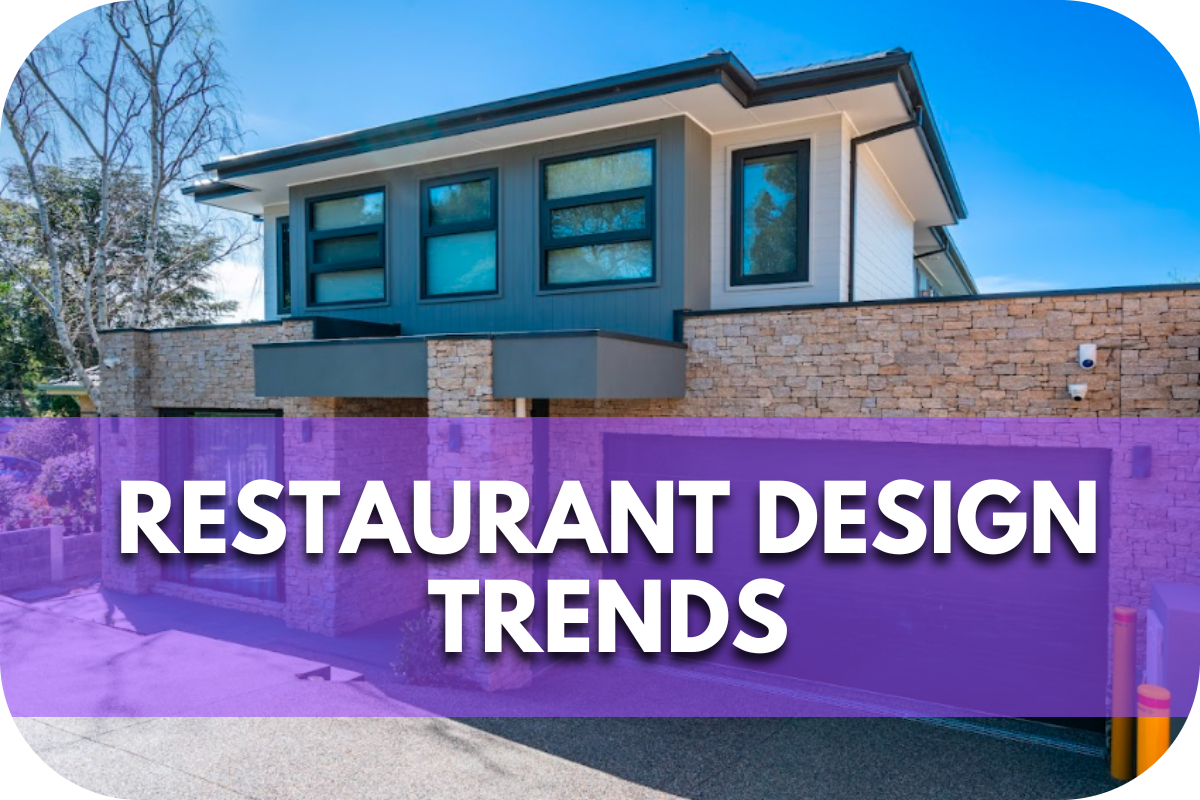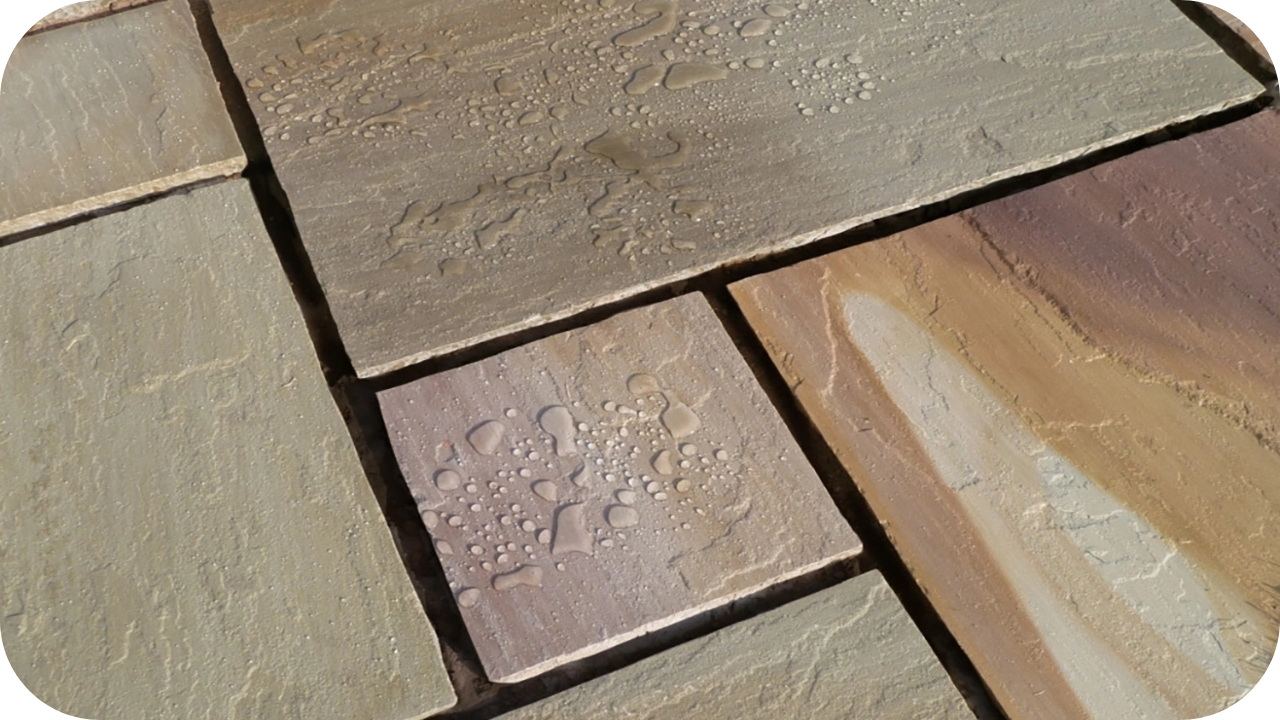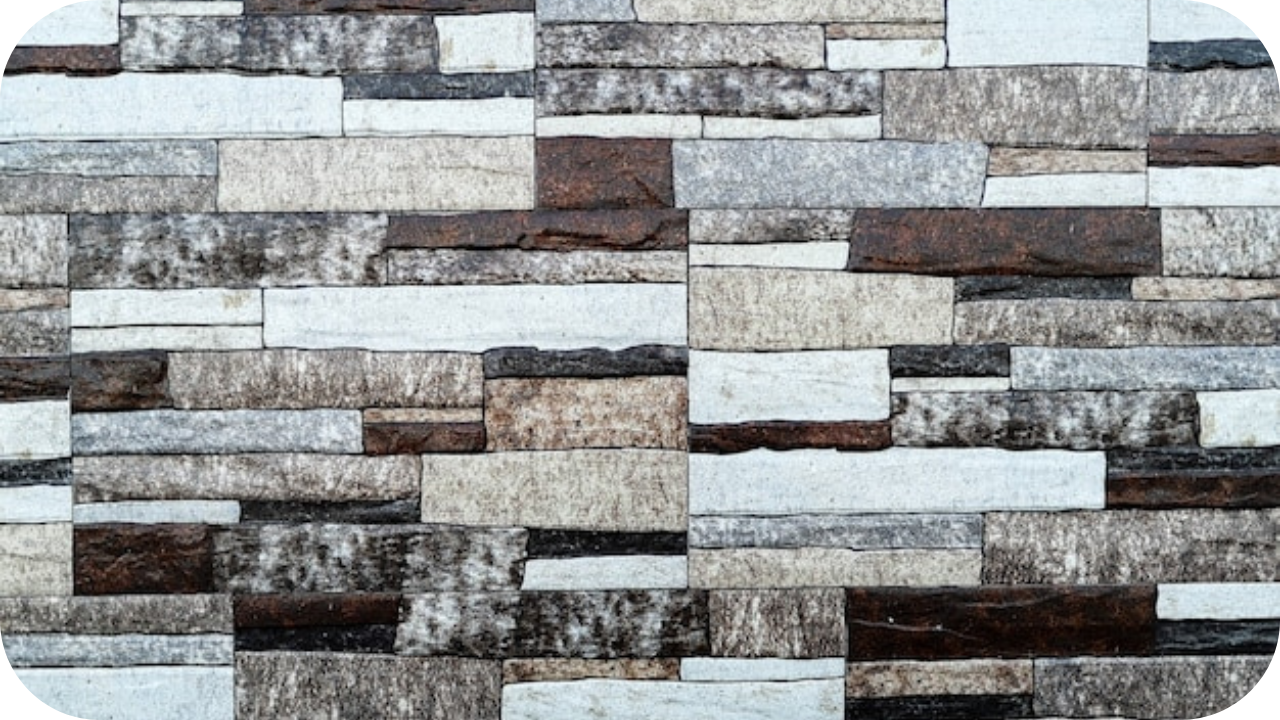
Many restaurants struggle to create a distinctive, inviting atmosphere that stands out in a competitive market.
Traditional design elements often fail to leave a lasting impression, leading to a forgettable dining experience for customers.
Embracing natural stone interiors offers a timeless, sophisticated solution that enhances aesthetic appeal and leaves a memorable impact on diners.
The Aesthetic Appeal of Natural Stone
With its timeless beauty and organic charm, natural stone has emerged as a captivating trend in restaurant design. Each slab tells a story with distinctive veining, colour variations, and textures. This individuality injects personality into an establishment, fostering a sense of authenticity that resonates with diners.
Whether polished to a sleek sheen for a modern aesthetic or left rough-hewn for a rustic feel, natural stone complements many design styles. As a bar top, accent wall, or flooring, it adds a touch of sophistication that elevates the dining experience.
Benefits of Natural Stone in Restaurant Interiors
Beyond its aesthetic appeal, natural stone offers many practical benefits, making it an astute choice for restaurant owners.
- Durability: Natural stone is renowned for its resilience. It resists scratches, stains, and heat, ensuring that restaurant interiors maintain their polished appearance even in high-traffic areas.
- Hygiene: The stone’s non-porous surface makes it inherently hygienic. It doesn’t harbour bacteria or allergens, making it an ideal choice for food preparation and dining surfaces.
- Longevity: A one-time investment in natural stone yields long-term rewards. Its durability means it won’t need frequent replacement, reducing maintenance costs and ensuring a consistently elegant ambience.
- Sustainability: Many natural stones are sourced responsibly and have a low environmental impact. Choosing sustainable options aligns your restaurant with eco-conscious values, resonating with discerning customers.
- Increased Property Value: The timeless allure of natural stone increases a restaurant’s perceived value. It can enhance the property’s resale value or attract a premium clientele.
- Versatility: Natural stone adapts to various design schemes, from classic to contemporary. It complements multiple materials, including wood, metal, and glass, allowing for creative and unique interiors.
- Unique Character: Each stone slab boasts its natural patterns and colours. This individuality adds a distinctive touch to your restaurant, setting it apart from competitors.
- Improved Acoustics: Certain types of stone, like travertine, possess sound-absorbing properties. They can help reduce noise levels, creating a more pleasant dining environment.
Types of Natural Stone for Restaurant Interiors
Selecting the right type of natural stone can significantly enhance a restaurant’s interior design. Here are some popular options and their benefits:
- Marble: Marble is synonymous with luxury and elegance. Its smooth, polished surface and intricate veining create a high-end look that elevates any space. Ideal for countertops, flooring, and accent walls, marble adds a timeless beauty and a touch of sophistication to restaurant interiors.
- Granite: Granite is known for its exceptional durability and scratch resistance, making it perfect for high-traffic areas like restaurant floors and countertops. Its varied colour palette and natural patterns add a touch of elegance and can complement various design styles, from modern to traditional.
- Limestone: With its warm, earthy tones and subtle textures, limestone offers a softer, more muted aesthetic. It’s versatile and can be used for flooring, wall cladding, and decorative features. Its classic appeal makes it suitable for creating a cosy, inviting atmosphere in a restaurant setting.
- Travertine: Travertine is characterised by its unique, porous texture and a range of natural colours, from creamy whites to rich browns. These distinctive features add depth and character to any space. Commonly used for flooring and wall applications, travertine’s natural variations provide a unique, rustic charm that enhances the overall ambience of a restaurant.
Applications of Natural Stone in Restaurant Design
Natural stone is a versatile material used in various applications to enhance a restaurant’s interior design. Here are some key uses:
Flooring
Natural stone flooring provides a durable, elegant foundation for any restaurant. Materials like marble, granite, and limestone are trendy for strength and beauty. Stone floors withstand heavy foot traffic, making them ideal for busy dining areas.
Their timeless appeal ensures that the restaurant maintains a sophisticated look over time. The variety of available finishes, from polished to honed, allows for customization to suit the desired ambience, whether it’s a sleek, modern feel or a cosy, rustic charm.
Walls and Cladding
Using natural stone for walls and cladding can add significant texture and depth to a restaurant’s interior. Stone walls create a focal point and enhance the overall aesthetic appeal.
Cladding with travertine or stacked stone can introduce unique patterns and textures, providing visual interest and warmth. Stone cladding is also practical, as it is durable and easy to maintain, ensuring the walls remain attractive and resilient against wear and tear.
Sustainability and Environmental Benefits
Natural stone’s allure extends beyond aesthetics and practicality; it also offers significant environmental benefits, aligning with the growing demand for sustainable design.
- Reduced Carbon Footprint: Many types of natural stone, such as granite and slate, are locally sourced and require minimal processing, resulting in a smaller carbon footprint than manufactured materials.
- Energy Efficiency: Stone’s thermal mass helps regulate indoor temperatures, reducing the need for excessive heating or cooling and contributing to energy conservation.
- Recyclability: Unlike many synthetic materials, natural stone is inherently recyclable. At the end of its lifecycle, it can be repurposed for other applications, minimizing waste.
- Low VOC Emissions: Natural stone emits negligible volatile organic compounds (VOCs), contributing to healthier indoor air quality for staff and patrons.
- Durability and Longevity: Stone’s durability means it lasts for decades, if not centuries, reducing the need for frequent replacements and the associated environmental impact.
- Sustainable Sourcing: Look for suppliers who adhere to responsible quarrying practices and prioritize environmental stewardship. Certifications like LEED and BREEAM can guide your choices.
- Minimal Maintenance: Natural stone requires minimal maintenance compared to other materials, reducing the use of cleaning chemicals and water.
- Natural Beauty: Natural stone’s inherent beauty eliminates the need for additional finishes or coatings, further reducing environmental impact.
- Biophilic Design: Incorporating natural elements like stone into your restaurant design can promote biophilic design principles, which have been linked to improved well-being and reduced stress for occupants.
Conclusion
Natural stone interiors elevate restaurants with timeless elegance, sustainability, and versatility. Elevate your establishment by embracing this enduring trend. Contact us today to explore how natural stone can transform your restaurant into a captivating, eco-conscious space.
More To Explore

How to Tell If Stone Is Porous or Not
When selecting stone for your home or project, knowing whether it’s porous can make a huge difference. Porosity affects how your stone absorbs water, stains,

Split Face Stone: What It Is and When to Use It
Looking for a unique, durable material to elevate your next project? Split face stone might be the perfect choice. Known for its textured finish and


